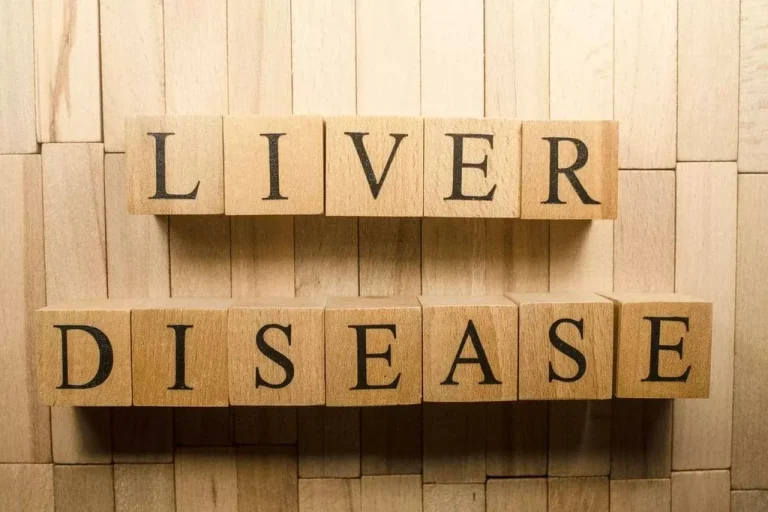
Alcohol exposure during pregnancy can have direct toxic and teratogenic effects on a fetus, because of its ability to pass directly and rapidly through the placenta into fetal organs including the developing brain [1]. Developmental exposure can result in fetal alcohol spectrum disorders (FASDs), an umbrella term covering the detrimental effects, including impairments on physical, neurological, and behavioral development, following prenatal alcohol exposure (PAE) [2]. These adverse effects can vary from one affected individual to the next and can include a range of https://ecosoberhouse.com/ structural and functional abnormalities, growth retardation, central nervous system dysfunction, and craniofacial dysmorphology [3]. Impairments have been documented in a variety of behavioral domains, including attention, self-regulation, and social judgment, as well as academic performance [4,5]. FAS disorder spectrum and other adverse fetal effects secondary to maternal alcohol consumption prenatal alcohol exposure will continue to be a substantial public health concern and afflict future generations without successful prevention, intervention, and management.

Having a drink during pregnancy is a personal decision

Drinking alcohol during this time can cause damage to how body parts develop. And as the baby continues to develop in the womb, it’s damaging to drink at any time during pregnancy. Signs and alcohol during pregnancy symptoms of fetal alcohol syndrome disorder.43,44 IQ indicates intelligence quotient. To reduce the risk of miscarriage, women who are trying to conceive should consider avoiding alcohol.
- It is recommended not to drink any amount of alcohol at any time in pregnancy or if you might be pregnant.
- Copyright 2024 by the American College of Obstetricians and Gynecologists.
- The use of alcohol during pregnancy can cause temporary symptoms in newborns soon after birth.
- NIAAA Alcohol Treatment NavigatorThe National Institute on Alcohol Abuse and Alcoholism (NIAAA) has an Alcohol Treatment Navigator.
- Miscarriage is common and can occur in any pregnancy for many different reasons.
Getting help to stop drinking alcohol
For those unwilling to do that or those with an unplanned pregnancy, stopping drinking as soon as a pregnancy test is positive may improve the likelihood of successful outcomes. Researchers who knew nothing about the maternal consumption of alcohol during the pregnancy examined the 5-year-old children of those pregnancies. They performed tests on IQ, attention span, and executive functions such as planning, organization, and self-control. They were unable to tell any difference between children whose mothers drank low to moderate amounts of alcohol and those who abstained completely during pregnancy. The National Organisation for FASD said most health authorities in England and Wales had not commissioned services for those affected by drinking during pregnancy. And while drinking at any stage of pregnancy should be avoided, both the American College of Obstetricians and Gynecologists and the Royal College of Obstetricians and Gynaecologists say harm from having a little alcohol before you knew you were pregnant is unlikely.
- Some studies have shown an increase in problems with fertility (ability to get pregnant) with heavy alcohol use.
- A .gov website belongs to an official government organization in the United States.
- Drinking during pregnancy can cause your baby to develop a serious life-long condition called fetal alcohol spectrum disorder (FASD).
- Interestingly, this study showed that PAE rats had alterations in Kisspeptin 1 (Kiss1) gene expression [100].
The risks involved with alcohol use during pregnancy

Truly specific research around drinking alcohol in very early pregnancy is pretty tricky. That’s because it would be unethical to put together a study and actually request that any segment of the pregnant population do something (drink alcohol) known to cause harm even some of the time. Because babies are small compared to adults, alcohol breaks down much more slowly than in a grown person. This means that alcohol remains in a baby’s blood much longer than in the blood of its mother thus leading to possible irreversible harm to the baby’s development. Consuming more than one drink per day is not recommended while breastfeeding. However, since breastfeeding has known benefits for the baby, talk with your baby’s healthcare provider about how much and how often you drink so they can help you weigh the risks and benefits of continuing to breastfeed.
Having Alcohol Before Realizing You’re Pregnant: How Dangerous Is It, Really?
Underlying CHD may in part contribute to the elevated risk of CVD observed in the population with FASDs [183]. Additionally, acute alcohol exposure during early development permanently decreases nephron number in rats, contributing to hypertension in adulthood [184]. Moreover, increased vascular resistance in cranially-directed blood flow has been shown to worsen stroke severity in adult mice who were prenatally exposed to ethanol [185]. Altogether, the toxicant effects of PAE on cardiac NCCs and nephrogenesis may establish a predisposition for CVD throughout an individual’s lifespan.
Your healthcare provider may be able to help you determine the best option for you. As children with FASD can be more sensitive to disruptions in lifestyle or routine, a stable home life can help prevent secondary conditions, such as criminal behavior, unemployment, and incomplete education that they are at increased risk for. Drinking alcohol while pregnant is a leading cause of birth defects in a fetus. Alcohol is broken down more slowly in the immature body of the fetus than in the body of an adult. This can cause the alcohol levels to remain high and stay in the baby’s body longer.
Health Main Menu
You probably should not drink, for example, if you have liver disease, a history of addiction, or are on any medications that may conflict with alcohol, such as antidepressants. “If a pregnant woman with low levels of this enzyme drinks, her baby may be more susceptible to harm because the alcohol may circulate in her body for a longer period of time,” Garry tells WebMD. While considering various ways PAE can have acute and progressive effects on an individual with FASDs, this review will focus on the mechanisms that allow toxic and teratogenic effects of PAE during the duration of an individual’s lifetime.
- Here are some questions you may have about alcohol and drinking while you are pregnant.
- Studies have shown that environmental and nutritional exposures during the prenatal period affect ovarian reserve, and therefore affect a woman’s fertility and reproductive lifespan [114,115].
- Alcohol use during pregnancy might affect one baby more than another.
- So if you drank alcohol before you realized you were pregnant, the important thing is that you stop now.
- While considering various ways PAE can have acute and progressive effects on an individual with FASDs, this review will focus on the mechanisms that allow toxic and teratogenic effects of PAE during the duration of an individual’s lifetime.
In the same study, levels of cytokine IL-2, IL-1β, and TNF-α in the hypothalamus of the PAE group on postnatal day 8 were lower compared to controls. Increased levels of TNF-α in a developing brain can be neurotoxic by inducing oligodendrocyte apoptosis and myelination impairments in vitro and disturbing the blood–brain barrier in vivo [69,70]. Likewise, IL-1β and IL-2 overexpression in vitro has shown oligodendrocyte toxicity and apoptosis induction in brain [71,72].


This review focuses on the contribution of epigenetic modifications and intercellular transporters like extracellular vesicles to the toxicity of PAE and to immediate and long-term consequences on an individual’s health and risk of disease. Future studies looking into cytokine and immune-focused therapeutic intervention during specific early-life stages could be a novel approach to mitigate some of the toxic and teratogenic effects of PAE on individuals. Reported that the 5-year-old children of women who drank up to one to two alcoholic drinks per week or per occasion while pregnant were not at an increased risk of behavioral or cognitive problems. The authors noted, however, that it’s possible that developmental problems linked to maternal drinking could emerge later in childhood.
Can Alcohol Affect Breastfeeding?
Studies focusing on the effects of PAE on female reproductive health have been mainly done in animal models. One study which used rats to study ‘special occasion’ drinking, which is a low exposure of alcohol during pregnancy and is relatively common, found that there was no association on markers regulating follicle numbers or other reproductive markers and PAE [114]. However, another study looking at higher levels of PAE found that there was a decrease in the number of oocytes in rats with PAE [115].

